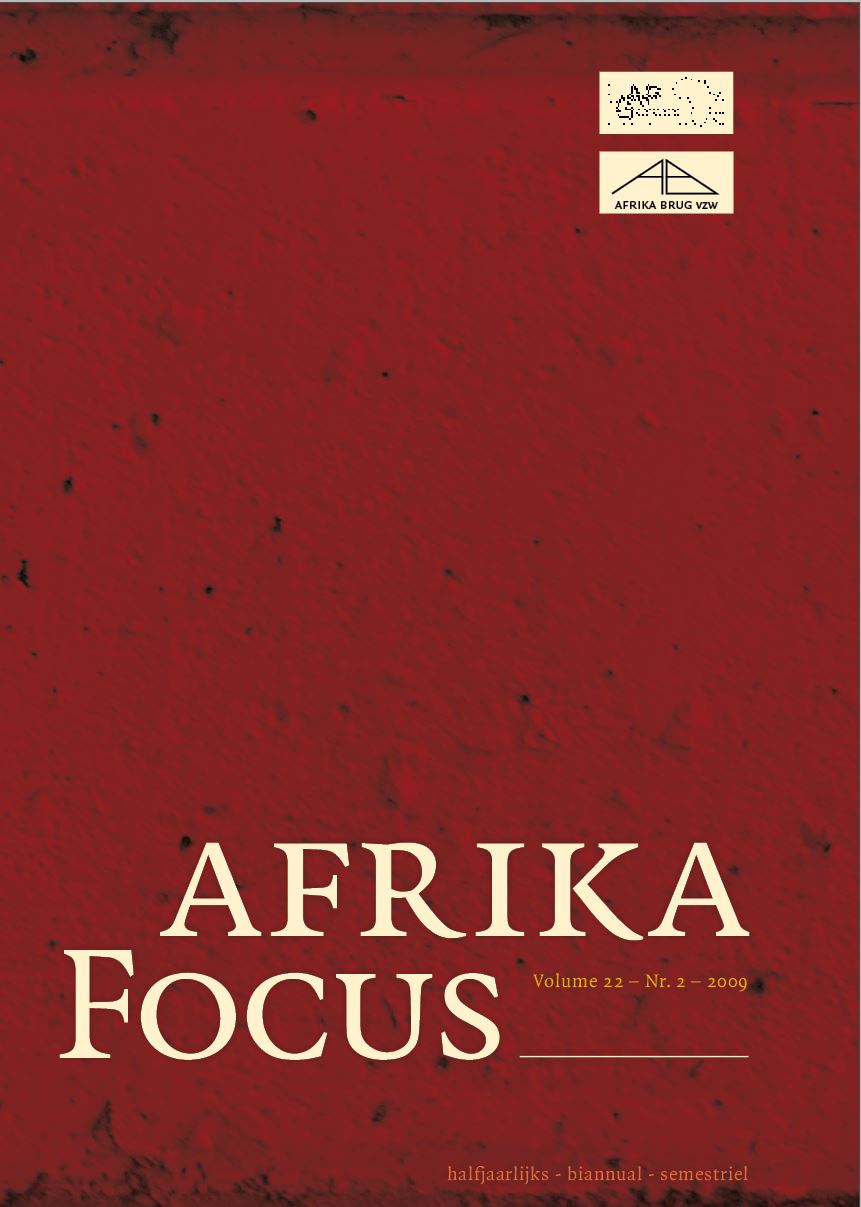Réaction de deux espèces d’igname (Dioscorea spp.) traitées avec du vin de palme (Elaeis guineensis Jacq.), aux champignons responsables des pourritures d’igname
DOI:
https://doi.org/10.21825/af.v22i2.4968Abstract
The sensitivity of Dioscorea alata var. bètè-bètè and D. cayenensis-rotundata var. krenglè treated with palm wine obtained from oil palm trees (Elaeis guineensis Jacq.) to seven fungi isolated from yam rots was assessed. Yam tubers were collected from two markets in Abidjan and also from storage sites in Bringakro (at 180 km from Abidjan, Côte d’Ivoire). Pathogenecity tests showed that Penicilium oxalicum was the most pathogenic among all fungi isolated. Krenglè was more susceptible than bètè-bètè. In vitro, fermented palm wine totally inhibited mycelial growth of all fungi isolated with the exception of P. oxalicum and Aspergillus niger. Inhibition percentage of mycelial growth of all fungi was more important for krenglè than bètè-bètè. Regardless the yam species, in vivo tests showed that fermented palm wine was more effective than non fermented palm wines when used as a preventive treatment. Key words: natural fungicide, palm wine, integrated disease managementDownloads
Published
How to Cite
Issue
Section
License
Authors who publish with this journal agree to the following terms
Authors retain copyright and grant the journal right of first publication with the work simultaneously licensed under a Creative Commons Attribution License that allows others to share the work with an acknowledgement of the work's authorship and initial publication in this journal.
Authors are able to enter into separate, additional contractual arrangements for the non-exclusive distribution of the journal's published version of the work (e.g., post it to an institutional repository or publish it in a book), with an acknowledgement of its initial publication in this journal.
Authors are permitted and encouraged to post their work online (e.g., in institutional repositories or on their website) prior to and during the submission process, as it can lead to productive exchanges, as well as earlier and greater citation of published work (See The Effect of Open Access).


